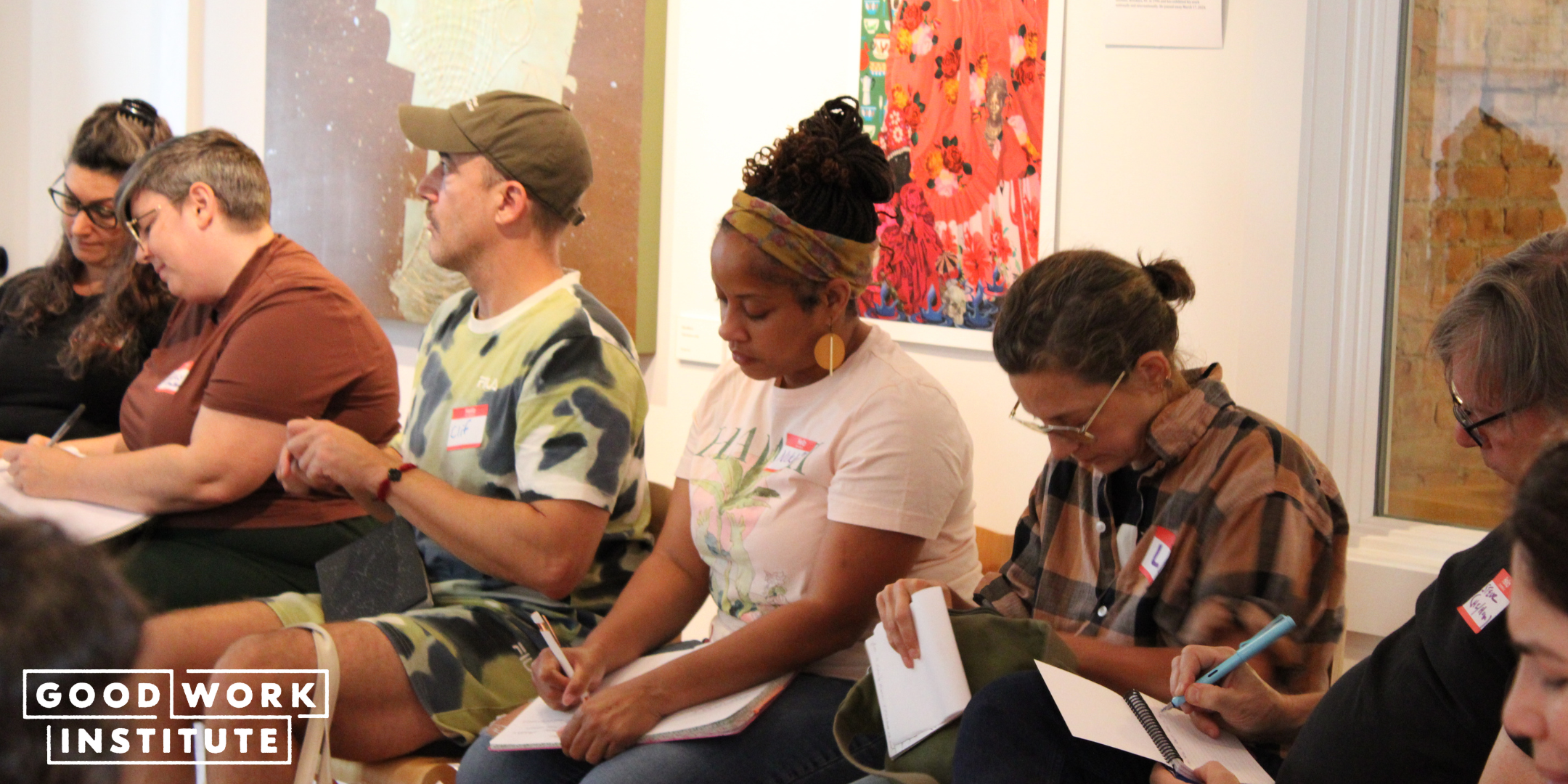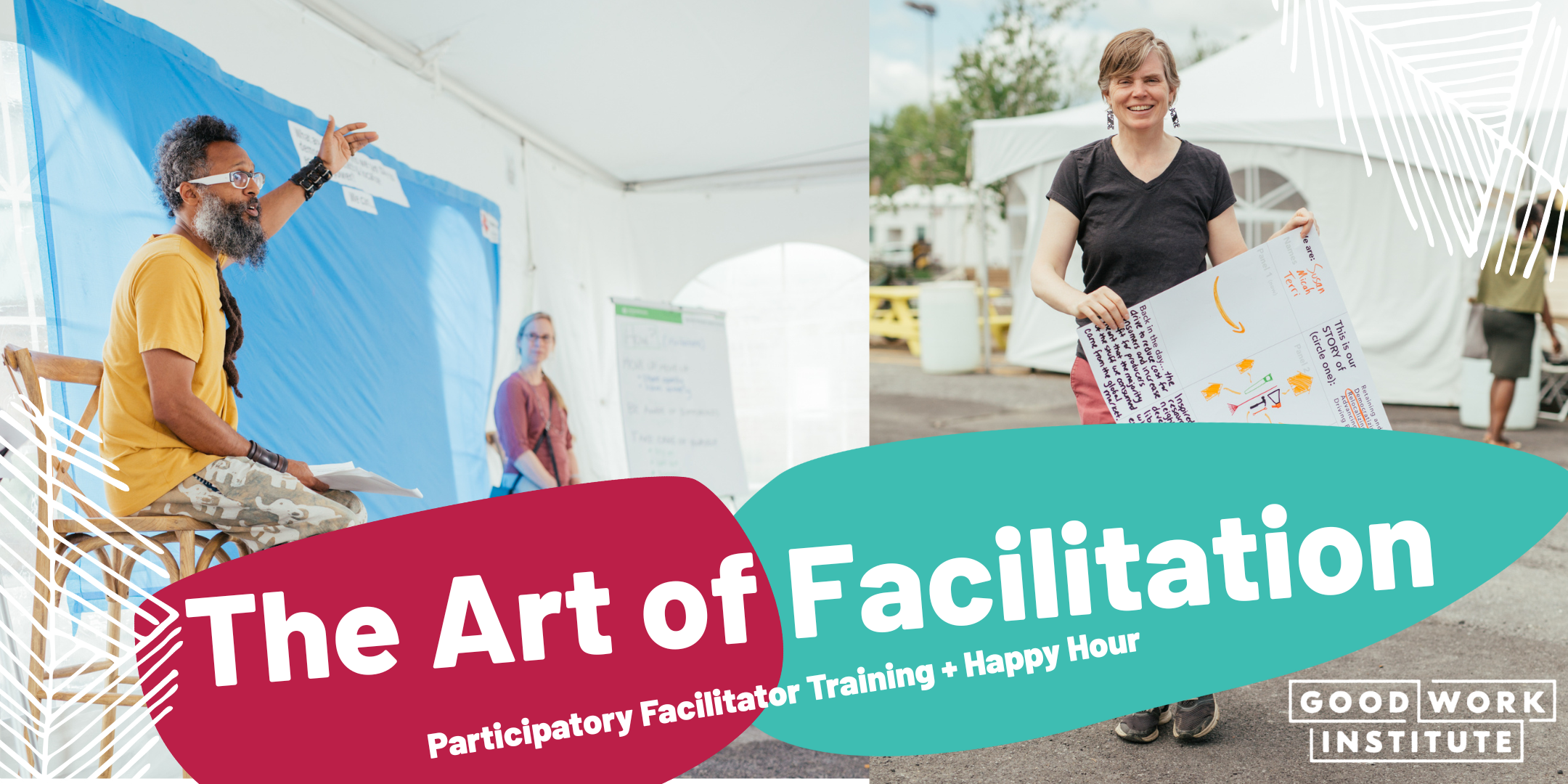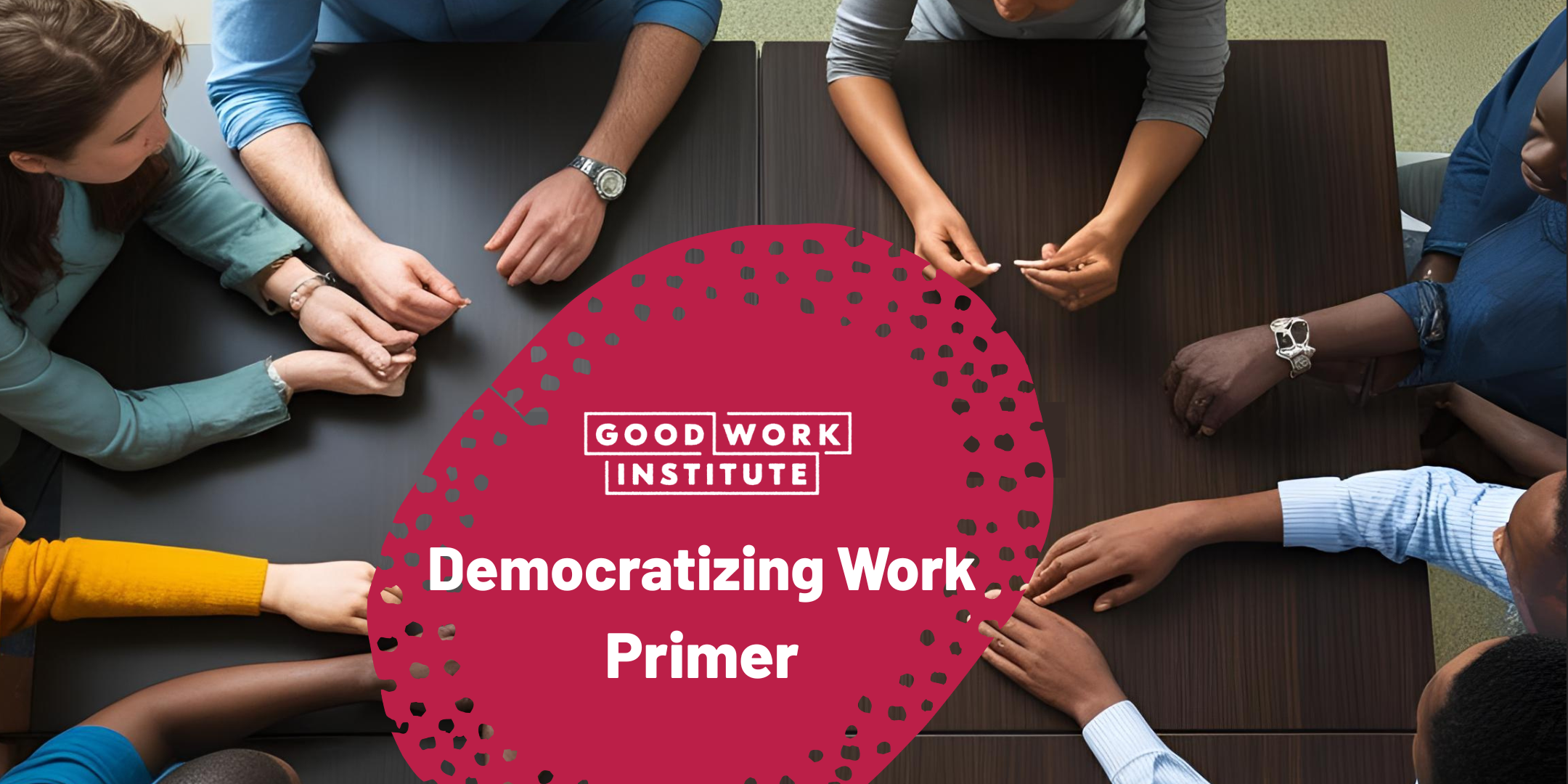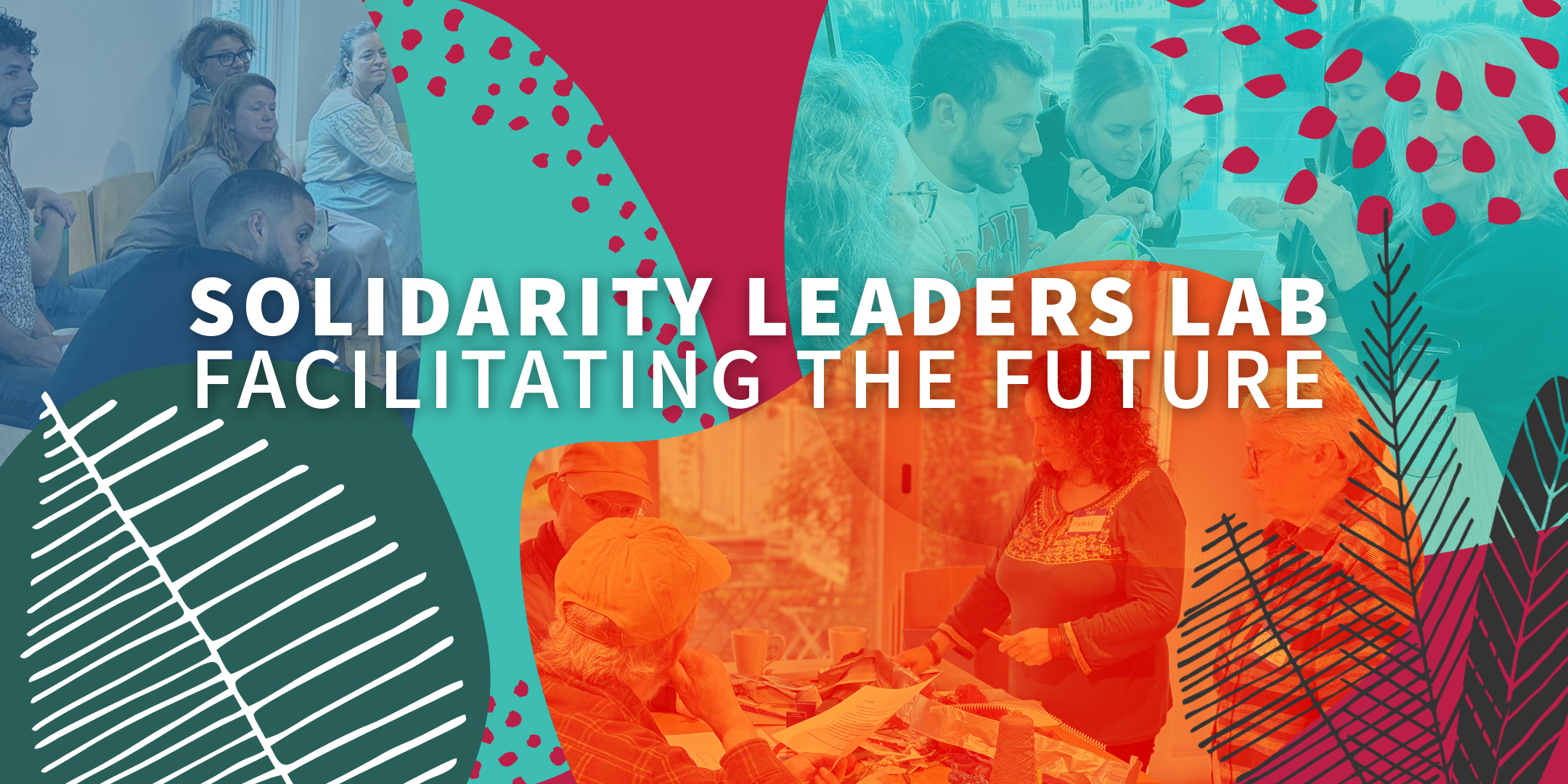GWI is excited to welcome author & journalist Osita Nwanevu to Kingston for a talk highlighting his book, The Right of the People: Democracy and the Case for a New American Founding. Join us at the GWI Greenhouse for an afternoon of conversation with Osita, followed by an audience Q&A.
In this urgent and visionary work, Nwanevu—a contributing editor for The New Republic and columnist for The Guardian—tackles questions that resonate deeply in our current moment: Are our democratic institutions fundamentally broken? How can a divided nation govern itself? Does democracy still work as we believe it should?
Drawing on democratic theory, American history, and contemporary politics, Nwanevu argues that genuine democracy requires transformation not only of our political institutions but of our economic systems as well. His work offers a bold roadmap for creating what he calls a “New American Founding”—one committed to government of, by, and for all people, not just the privileged few
Event Overview:
- 2:45 – 3:15pm Check-in, pick up your book, grab a drink/snack, and settle in! (coffee/snacks provided by Kingston Bread & Bar)
- 3:15-4:45pm Osita, in conversation with Micah, will discuss The Right of the People. They will then open it up to the audience for a Q&A
- 4:45- 5:00pm Book-signing + mingling!
About Osita Nwanevu:
Osita Nwanevu is a contributing editor at The New Republic, a columnist at The Guardian, and the Democratic Institutions fellow at the Roosevelt Institute. He is a former staff writer at The New Republic, The New Yorker, and Slate, and his work has also appeared in The New York Times, The New York Review of Books, The Nation, Harper’s Magazine, the Columbia Journalism Review, In These Times, Flaming Hydra, and Gawker. His first book, The Right of the People: Democracy and the Case for a New American Founding, was published by Random House in August 2025.
About the book:
Frustrated with our political dysfunction, wearied by the thinness of contemporary political discourse, and troubled by the rise of anti-democratic attitudes across the political spectrum, journalist Osita Nwanevu has spent the Trump era examining the very meaning of democracy in search of answers to questions many have asked in the wake of the 2024 election: Are our institutions fundamentally broken? How can a country so divided govern itself? Does democracy even work as well as we believe?
The Right of the People offers us challenging answers: while democracy remains vital, American democracy is an illusion we must make real by transforming not only our political institutions but the American economy. In a text that spans democratic theory, the American Founding, our aging political system, and the dizzying inequalities of our new Gilded Age, Nwanevu makes a visionary case for a political and economic agenda to fulfill the promise of American democracy and revive faith in the American project.






